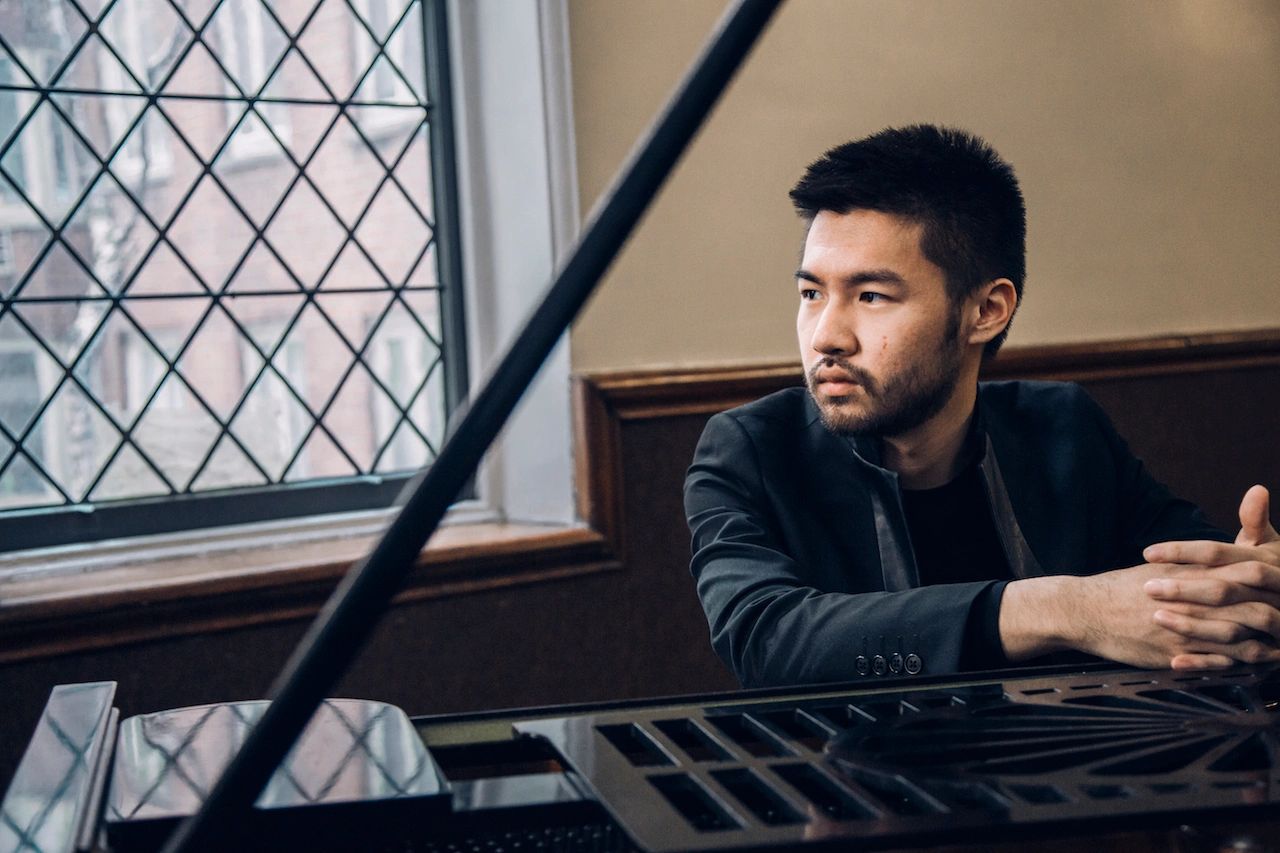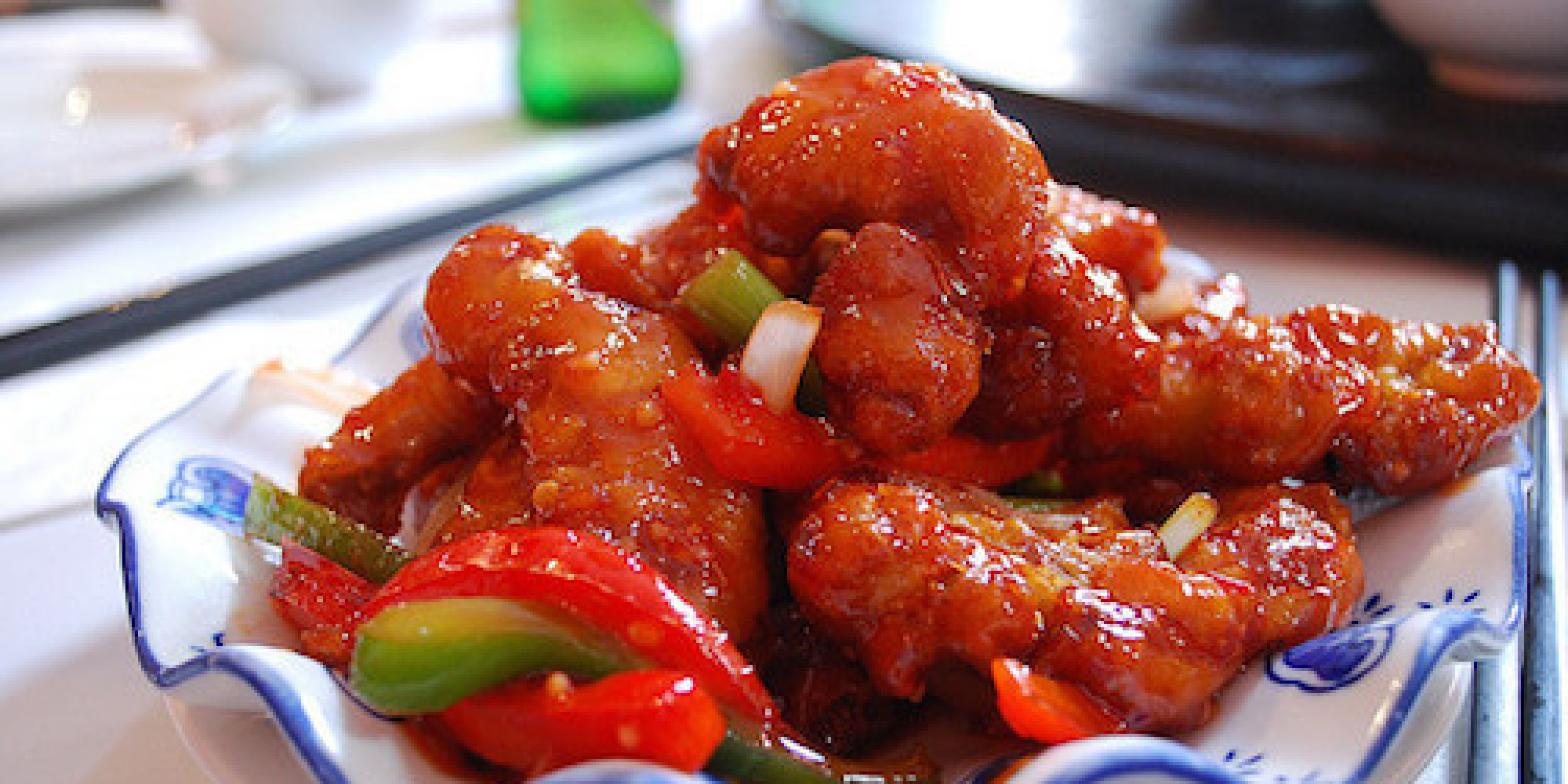

I’d like to believe that General Tso’s chicken might have been prepared by Zuo himself in the field, or cooked for him by an admirer after a triumphant return from battle. After that, it’s all a matter of whom you ask. Food historians know this much for sure: the dish is a loose interpretation of an old Hunan dish called chung ton gai (“ancestor meeting place chicken” or “ancestral meeting hall chicken”). Zuo’s life as a military hero is well documented (there’s even a billboard on the road going into his hometown that features his likeness), but his connection to the chicken dish named after him is a different story. Which Came First: the Chicken or the General? He oversaw coastal defense through the war and died shortly after a truce was reached, in 1885. He did return once more to the military when the Sino-French War broke out-he was commissioned as Commander-in-Chief and Imperial Commissioner of the Army and Inspector General. Zuo quickly tired of imperial politics and requested to be relieved of his position. For his final promotion, he was appointed to the Grand Council, the cabinet of the Qing Empire. Supposedly, he managed all these victories while also suffering through recurring bouts of malaria and dysentery.įor his service to the Empire, Zuo appointed a Grand Secretary and later a Marquessate. Later, he quashed an uprising of foreign Muslims led by Muhammad Yaqub Bek and negotiated an end to the Russian occupation of the western border city of Ili. Zuo returned to the battlefield to suppress the Nien Rebellion in northern China, then marched west to defeat the Dungan Revolt. Appointments to the offices of Viceroy and Governor-General of Shaanxi and Gansu provinces and Imperial Commissioner of the Army in Shaanxi would follow. In this capacity, he created the Goochow Arsenal, China's first modern arsenal, shipyard and naval academy. The following year, he was appointed Viceroy and Governor-General of Fujian and Zhejiang provinces and Commissioner of the Naval Industries. There, he dethroned the Taiping Heavenly Kingdom’s teenage monarch and crushed the rebellion. Zuo drove the Taiping rebels out of Hunan and then the neighboring Guangxi province, followed them into coastal Zhejiang (after his victory there, he was appointed governor of the province and an Undersecretary of War) then south into Fujian and Guangdong, the seat of the rebellion.

The peaceful silkworm farmer turned out to be a gifted and ruthless soldier, and earned comparisons to his contemporary, Union general William Tecumseh Sherman.
TAO TSO FULL
Two years into the war, Zuo was hired as an advisor by the staff of the governor of Hunan and given full control over the province’s military.

He attempted to replace the country’s indigenous religions with his own form of Christianity and enact social reforms in line with his ideology. Xiuquan, a convert to Christianity who claimed to have received visions that revealed him as the son of God and the younger brother of Jesus Christ, had established Taiping Heavenly Kingdom and taken control of a large swath of southern China. In 1850, a civil war known as the Taiping Rebellion broke out between the forces of Hong Xiuquan and the governing Qing Dynasty. He referred to himself as “The Husbandman of the River Hsiang.” He farmed silkworms and tea, wrote a book on agriculture, read about the sciences, and studied politics. There, he worked as a tutor for the family of a former governor general, got married, and pursued a variety of quiet interests. He gave up hope for work in the imperial bureaucracy and returned to Hunan. He made three attempts to qualify for the highest degree, chin-shih (“ready for office”) and failed each time. His family’s money allowed him to pursue an extensive education he was able to obtain a chu-jen ( “promoted scholar”), the second-highest academic degree awarded in the imperial civil service exams. Zuo was born in 1812 in Hsiangyin, Hunan, to a family of wealthy landowners. and Canada, we know him simply as General Tso, namesake of a Chinese takeout chicken dish. He rose quickly through the ranks of the army, quelled rebellions, served with distinction in a civil war, founded a modern arsenal and dockyard, established new, efficient logistics systems within his armies, forced Russian forces from China, and went on to serve in several positions in the national government. Zuo Zongtang (sometimes written as Zu? Z?ngtáng or Tso Tsung-t'ang) was one of the greatest military leaders of China’s long and storied history.


 0 kommentar(er)
0 kommentar(er)
